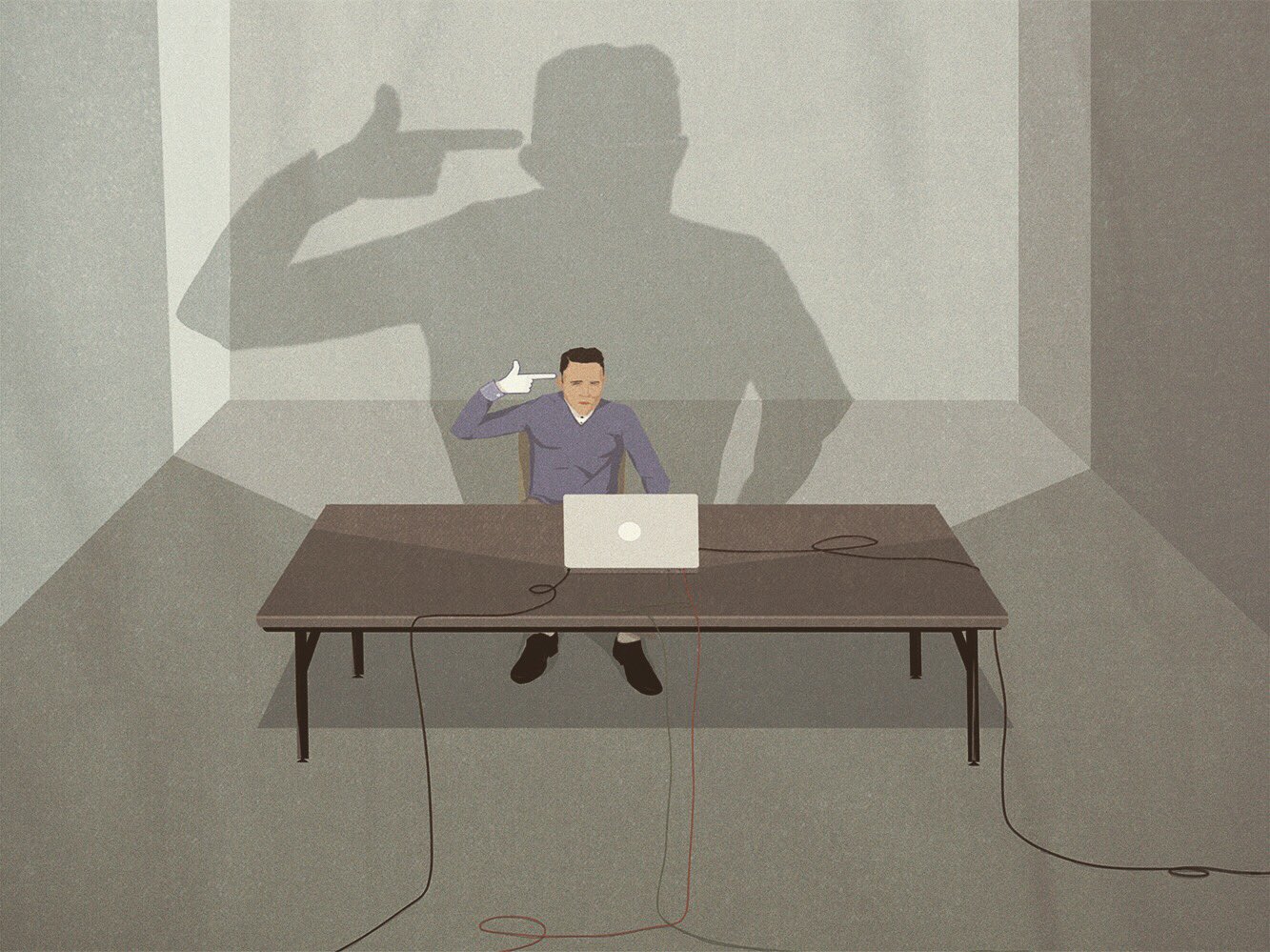It is no secret that the globalized world has been shifting away from robust international engagement and toward a more inwardly focused dynamic. Many countries from the West to the Middle East and Asia, including the US and UK are prioritizing their own national interest first and unabashedly. Many argue this approach should be always the case even in the absence of a pandemic. However, in recent decades, the global order always seemed to be about ruthless inclusivity economically and politically where we have witnessed multiple verges of revolution because of such trend. Both non-state actors and nation-states fighting on the grounds to empower their narrative for the way they view collective prosperity.
I sit here during this pandemic, in solitude, thinking about how our pursuit of prosperity has changed. Our pursuit to Thrive in this now still global world order presents new challenges while we’re physically isolated even from neighbors, friends and family members.
For those who believed in movements leveraging physical presence en masse – from the Women’s March in Washington to protests in Tahrir Square, Cairo – I wonder if reliance on our digital platforms alone would have been enough to carry the day if the novel Coronavirus had hit us at those times. Or does the state of digital-only confinement we’re experiencing today mean that the revolution – in whatever way you define it – is necessarily paused?
As an example, many argue that the Arab Spring was a digital revolution, powered by Twitter. It’s true that the digital presence was exceptionally powerful as an organizing tool and an amplifier, but the execution of actions on the street were crucial to carrying out the revolution. If we are forced into digital confinement, does that mean our attempts at broad scale socio-economic and political change are doomed to fail without coordinated physical presence for follow up?
This may be a fleeting moment of several months, and soon the pandemic will be over. However it forces us to reflect on the importance of various democratic norms and capabilities we once took for granted, such as the right to gather and the power of mobilization.
“Wind is to the power of a ship to sail, as human interaction is to the power of a revolution to thrive.”
Elzeini
I wonder if the world will change post-pandemic. Will we put more faith and trust in the digital world we have signed ourselves onto? Or will we resist and go back to old ways, realizing that when we move exclusively to the digital world, both personally and professionally, we are giving less meaning to in-person human interaction? Are we ready to forgo movements of change in the way we used to know them?
In many ways our various social revolutions have been paused, but in our digital confinement, restoration has taken its place. Restoration and Revolution represent a push and pull between two competing forces. Since the pandemic began, the social contracts we have with our governments have become profoundly stronger. A social contract is an agreement between the people of a state and the government of a state to promote the well-being of all. The people agree to follow certain rules enacted by the government, and in return, are granted security. Today, we have been listening much more to our government officials in the interest of our security – and whether we agree with them or not – we abide by the rules. This social contract arrangement has been tested many times by diverse peoples and their public administrators.
Following the current test of 21st Century social contracts with our governments, it is important to gauge new feelings of indebtedness. After the Coronavirus passes, who will we, as a society, feel indebted to for our personal security? Will it be our national, state or local governments per social contract, or will it be other actors, such as first responders or businessmen who came to the aid in donations and flow medical supplies. This is a key variable for predicting how, whether and whom people will rise up against to redress future grievances.
So as we see revolutions being paused – beyond the noise of all forms of media and critiques – we see societies unifying and working well with their government and even among political adversaries despite past grievances.
For some this is a blessed moment, and for others, it is their worst nightmare in which their hard fought revolution now comes in second to their everyday survival. This basic shift extends from the people on the ground seeking revolution to the groups who support them, leading to a financial as well as physical pause in the operation of opposition movements.
For those who are intrigued by philosophy, this is a major inflection point in which we now hold a lived experience of what happens in a time of digital confinement, dampened revolutions, and heightened social contracts. And what happens after this is over? Will we continue to keep our interactions digital or shift back bringing importance to physical presence? Will revolutions now frustrated, give way to doubling down on future efforts? Or will these revolutions fade away in digitalization or evaporate from feelings of in-debt to their oppressor?
Our pursuit on what it means to Thrive is challenged in this now still global world order and the lasting repercussions are waiting to be seen.


